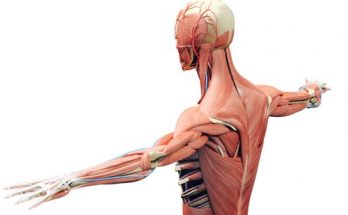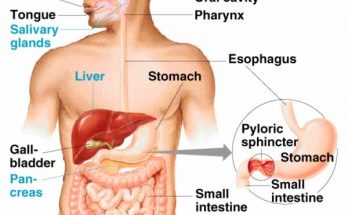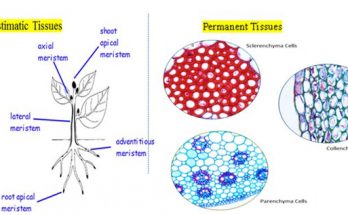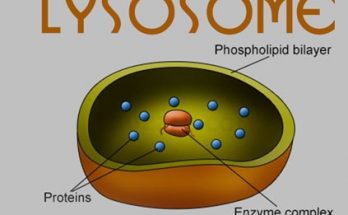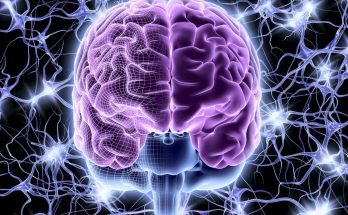
Class 5 Nervous System – Worksheet – Solved
MULTIPLE CHOICE QUESTIONS (MCQ’S): Without the nervous system you cannot: See Hear Taste All of these Which of these is not part of the brain? Cerebrum Spinal cord Medulla Cerebellum …
Class 5 Nervous System – Worksheet – Solved Read More